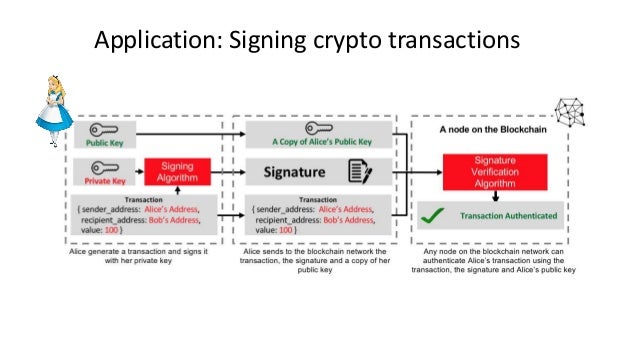Public Private Key Generator Java
In order to be able to create a digital signature, you need a private key. (Its corresponding public key will be needed in order to verify the authenticity of the signature.)
In some cases the key pair (private key and corresponding public key) are already available in files. In that case the program can import and use the private key for signing, as shown in Weaknesses and Alternatives.
In other cases the program needs to generate the key pair. A key pair is generated by using the KeyPairGenerator class.
PuTTYgen is an key generator tool for creating SSH keys for PuTTY. It is analogous to the ssh-keygen tool used in some other SSH implementations. The basic function is to create public and private key pairs. PuTTY stores keys in its own format in.ppk files. However, the tool can also convert keys to and from other formats. A Key pair generator for a particular algorithm creates a public/private key pair that can be used with this algorithm. It also associates algorithm-specific parameters with each of the generated keys. There are two ways to generate a key pair: in an algorithm-independent manner, and in an algorithm-specific manner. In contrast to ssh-keygen (the tool available on Unix-like platforms), which generates separate files for the public key and the private key, keytool stores both keys as a single entry in a file called a keystore. By running keytool multiple times, you can add multiple public-private key entries to the same keystore. KeyPairGenerator generator. KeyPairGenerator is an engine class which is capable of generating a private key and its related public key utilizing the algorithm it.
Public Private Key Generator Java Code
In this example you will generate a public/private key pair for the Digital Signature Algorithm (DSA). You will generate keys with a 1024-bit length.
Generating a key pair requires several steps:
Create a Key Pair Generator
The first step is to get a key-pair generator object for generating keys for the DSA signature algorithm.
As with all engine classes, the way to get a KeyPairGenerator object for a particular type of algorithm is to call the getInstance static factory method on the KeyPairGenerator class. This method has two forms, both of which hava a String algorithm first argument; one form also has a String provider second argument.
A caller may thus optionally specify the name of a provider, which will guarantee that the implementation of the algorithm requested is from the named provider. The sample code of this lesson always specifies the default SUN provider built into the JDK.
Put the following statement after the
line in the file created in the previous step, Prepare Initial Program Structure:
Initialize the Key Pair Generator
The next step is to initialize the key pair generator. All key pair generators share the concepts of a keysize and a source of randomness. The KeyPairGenerator class has an initialize method that takes these two types of arguments.
Bulk generation of waybill keys code. The keysize for a DSA key generator is the key length (in bits), which you will set to 1024.
The source of randomness must be an instance of the SecureRandom class that provides a cryptographically strong random number generator (RNG). For more information about SecureRandom, see the SecureRandom API Specification and the Java Cryptography Architecture Reference Guide .
The following example requests an instance of SecureRandom that uses the SHA1PRNG algorithm, as provided by the built-in SUN provider. The example then passes this SecureRandom instance to the key-pair generator initialization method.
Some situations require strong random values, such as when creating high-value and long-lived secrets like RSA public and private keys. To help guide applications in selecting a suitable strong SecureRandom implementation, starting from JDK 8 Java distributions include a list of known strong SecureRandom implementations in the securerandom.strongAlgorithms property of the java.security.Security class. When you are creating such data, you should consider using SecureRandom.getInstanceStrong(), as it obtains an instance of the known strong algorithms.
Generate the Pair of Keys


Public Vs Private Class Java
The final step is to generate the key pair and to store the keys in PrivateKey and PublicKey objects.